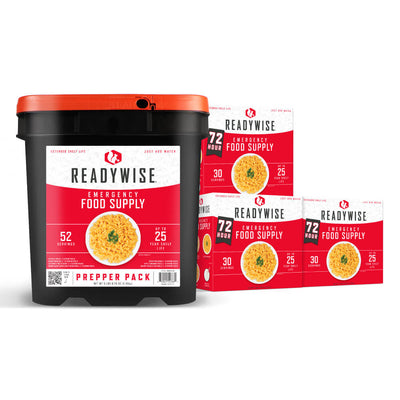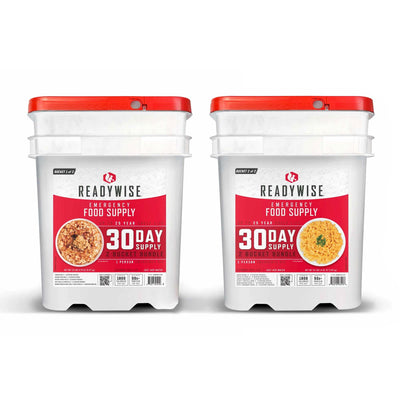Prairie Home Companion: Making Tonics and Tinctures
The words tonic and tincture may conjure up images of life on the prairie, circa 1800s. Indeed, both Native Americans and early settlers made their share of medicinal products to help cure a wide range of maladies. The holistic medicine and back-to-nature movements have created new generations of consumers who swear by DIY remedies. Let’s start by looking at the difference between a tonic and tincture, by definition.
Tonic: A preparation of herbs that increases and supports health and well-being. Tonics are restorative and invigorating, but the term is often misconstrued. In this context, tonic means the act of tonifying rather than the method used to create the preparation. By this definition, one could create a tonic tincture or a tonic tea.
Tincture: A liquid extract made from herbs that is taken orally. Plant material is submerged in an alcohol or alcohol/water mix and left to soak for a minimum of six weeks. In that time, the liquid extracts both the water soluble and the alcohol soluble chemical constituents from the plant. Apple cider vinegar or vegetable glycerin are non-alcohol extracting liquid options, however, it is important to keep in mind that herbs like roots, barks, berries, and non-aromatic seeds need alcohol to effectively extract their medicinal properties.
Making a Tonifying Tincture - Supplies
- A clean glass jar (pint size or larger) with lid
- Consumable alcohol such as vodka or rum – at least 80 proof (apple cider vinegar or food grade vegetable glycerin are options)
- Herbs of choice
Here are suggestions for two tinctures with their specific uses:
Chamomile Tincture: This calls for 1/2 to 1 cup of dried chamomile flowers and promotes restful sleep and healthy skin. Dosing for adults: Up to 1 teaspoon 1-3 times a day as needed. Toddlers and older children: 1/4 to 1/2 teaspoon 1-3 times a day as needed.
Digestion Tincture: This calls for 1/2 cup dried peppermint leaves, 1/4 cup-1/2 cup very finely diced fresh ginger root, and 1/4 cup dried fennel seeds. It helps soothe nausea, heartburn, and indigestion. Dosing for adults: Up to 1 teaspoon straight or in water as needed. Toddlers and older children: 10-20 drops.
Directions
- Select the herbs you wish to use
- Fill the jar with dried herbs one-third or half of the way. The more you put in, the stronger the tincture. Do not pack down.
- Pour boiling water to dampen all of the herbs. (This step is optional but helps draw out the beneficial properties of the herbs).
- Fill the rest of the jar (or entire jar if not using hot water) with alcohol and stir with a clean spoon.
- Place the lid on the jar and store in a cool/dry place.
- Shake daily, for at least three weeks and up to six months.
- Strain through cheesecloth and compost the herbs. Store the tincture in colored dropper bottles or clean glass jars.
If you use apple cider vinegar, the jar needs to be refrigerated and will only last 3-6 months. If you are pregnant, nursing, or have a medical condition, it is important to check with your healthcare provider before using any herbal remedy or supplement. Dosing varies by age and the type of tincture, but many remedies are safe for babies if used correctly.
















































































